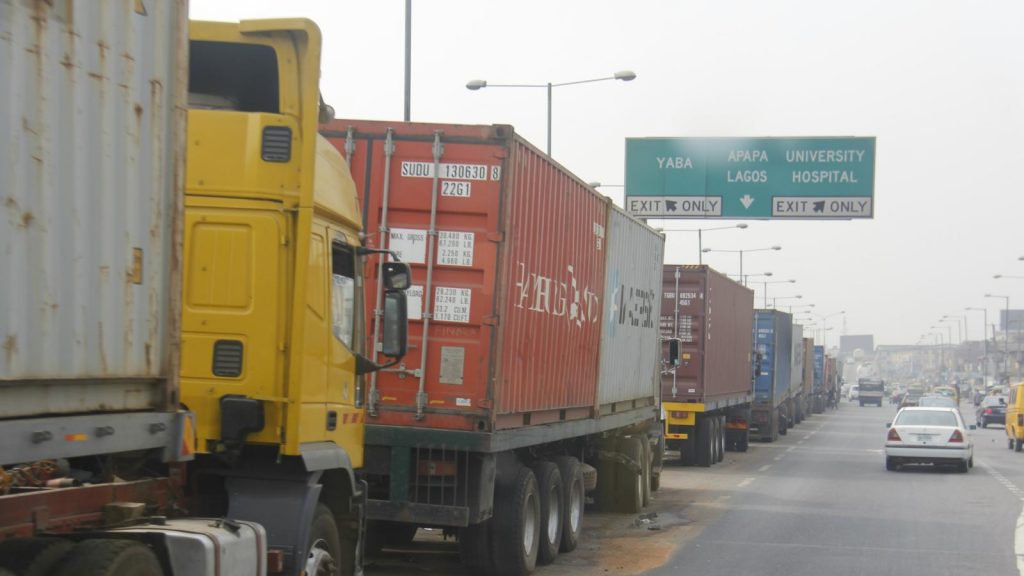ITF Locks Horns with Australian Govt over Port Delays

TRUCKS
(TME) The Maritime Union of Australia, which represents dockers in a long-running labor dispute with operator Patrick Terminals, is pushing back on criticism from Australian Prime Minister Scott Morrison. Morrison has threatened to intervene in the labor dispute, and he is launching a high-level government inquiry into port productivity and competitiveness.
The MUA has been negotiating with container terminal operator Patrick Terminals over the terms of its contract for more than a year and a half, and it has carried out rolling industrial actions on and off since May. The slowdowns have drawn criticism from shipping lines and shippers, who claim that the long-running dispute has interfered with port productivity. After intervention from Australia’s Fair Work Commission (FWC), the MUA agreed to a monthlong pause in its campaign of stoppages at Patrick’s four terminals. However, that pause will end on December 10, just before Christmas.
In a speech last week, Morrison called for the two sides to reach an agreement and warned that “the government will take action, if needed, to protect the Australian economy from serious harm.” He also promised an inquiry into port performance by the federal Productivity Commission.
On Wednesday, the MUA – and its partner unions in the International Transport Workers’ Federation (ITF) – pushed back on Morrison’s threat to intervene.
“Simply put: the disruption, delays and shortages that we’re seeing in global supply chains are not an Australian-only phenomenon and it is definitely not an MUA-related phenomenon,” said ITF General Secretary Stephen Cotton. “The question for the Australian public to consider is why their government is using this as an opportunity to alienate and attack workers? . . . Australian political leaders need only look out across the Pacific for inspiration to see how President Biden is working with industry and workers to incentivize cargo clearing.”
Union leaders from the Netherlands, Colombia and the United States echoed Cotton’s message.
“In Europe we’re seeing the same delays partly driven by a shortage of local workers willing to do jobs like truck driving,” said Nieck Stam, the secretary of Dutch dockers’ union FNV Havens. “We expect more workers to leave their roles in key parts of the supply chain because of how they have been treated by governments and some employers over the two years. Political leaders should rightfully be focusing on this, on thanking workers for their sacrifice, rather than threatening them.”
However, trade group Shipping Australia Limited claims that Australia’s ports are uniquely slow and inefficient, and that the delays are not driven by global factors like supply chain disruption. The IHS Markit / World Bank Container Performance Report 2020 ranked Australia’s busiest container port, Melbourne, at 302nd place – about 20 places behind Mogadishu, Somalia.
“There are, literally, ports in war-torn and bandit-infested countries that perform about as well as our ports,” complained Shipping Australia.
*Culled from The Maritime Executive
